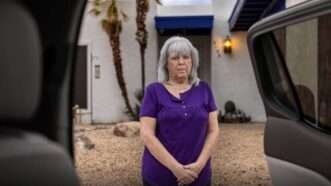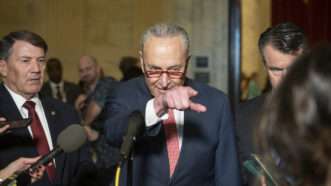Evidence of Plaintiff's Suicide Excluded in Lawsuit Alleging Threats of Prosecution Aimed at Censoring His Posts About High School Girls' Bathrooms
"Plaintiff has not alleged that Defendants' conduct caused a mental condition in which Mr. McBreairty could not control his suicidal impulses."





